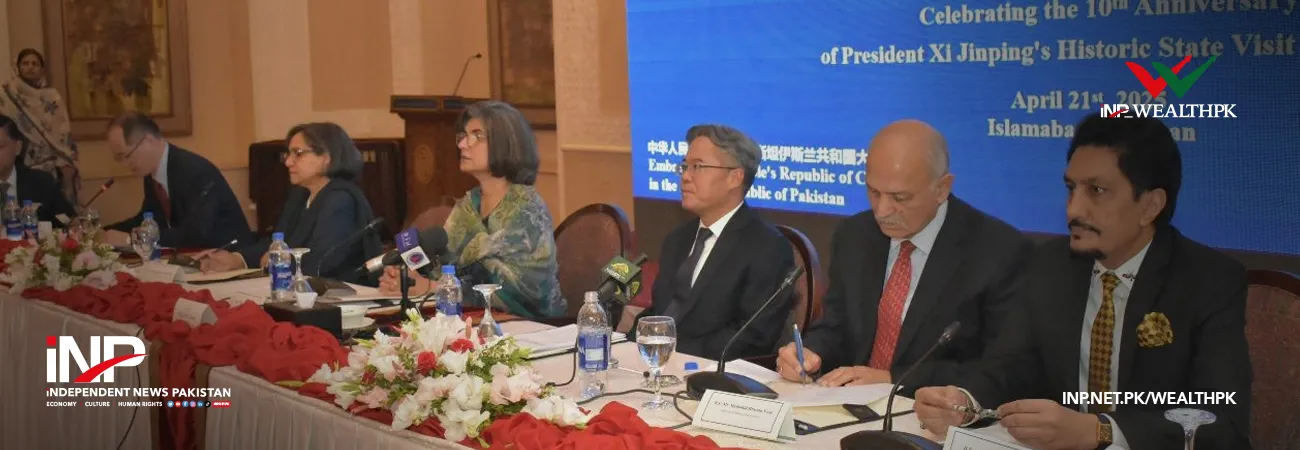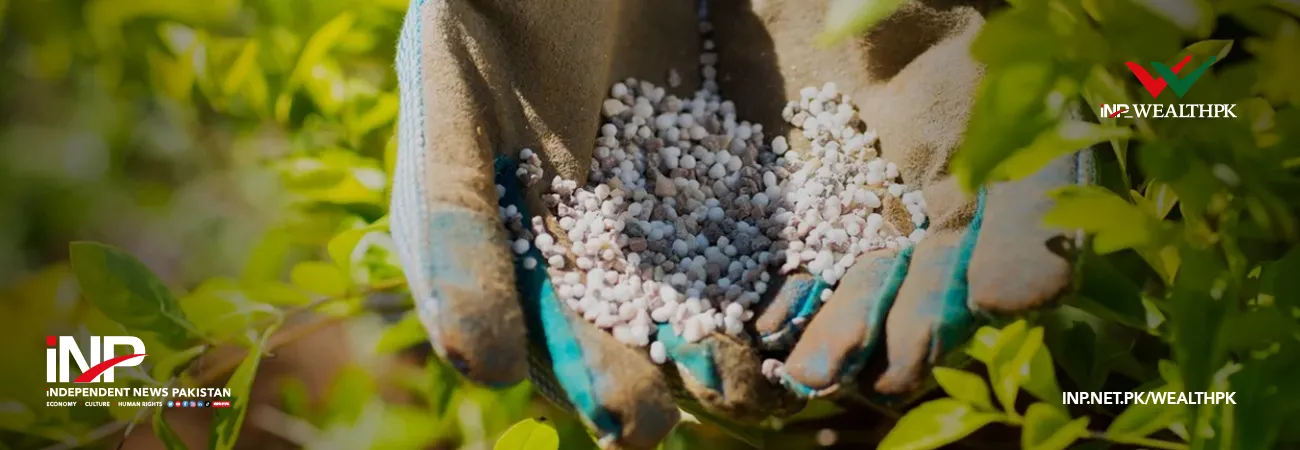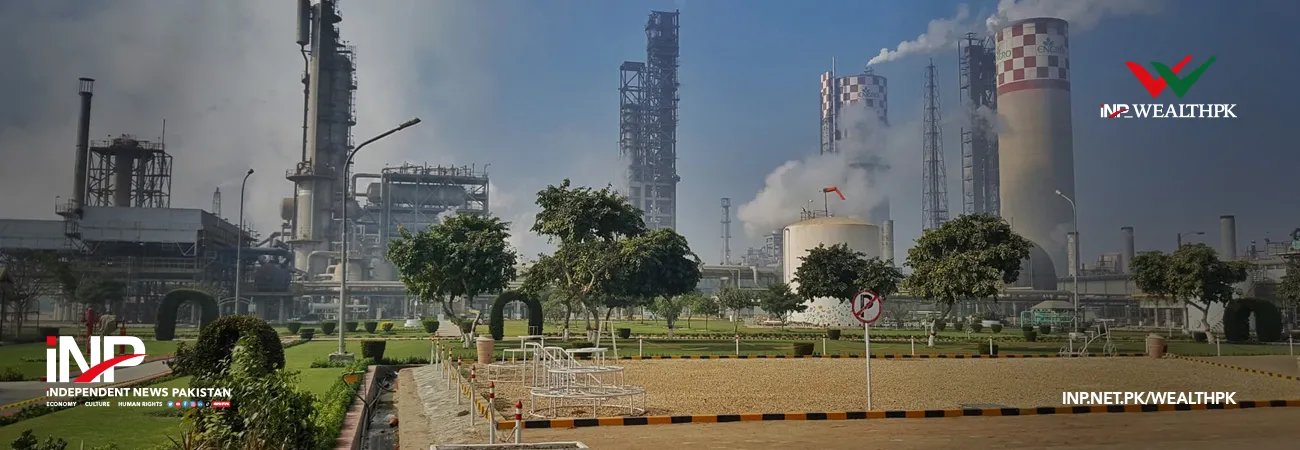INP-WealthPk
Qudsia Bano
Pakistan has been dealing with a noticeable economic divide in recent years, with certain parts of the country seeing rapid growth while others are falling behind. Economists and decision-makers have debated this phenomenon a lot as they try to figure out the fundamental causes of this disparity. A recent investigation into this matter clarifies the complex factors underlying Pakistan's economic disparity, which reveals several important factors driving the unequal economic performance throughout the regions of the country, reports WealthPK. Fida Hussain, Director of the Economic Policy Review Department at the State Bank of Pakistan, said: "The difference in human capital development is a major contributing element to Pakistan's economic divergence. Disparities in healthcare availability, skill development, and educational attainment between urban and rural areas create socioeconomic inequality and limit marginalised people's ability to rise economically. Infrastructure investments in healthcare, education and vocational training are essential for providing all citizens with the skills and capabilities necessary to participate effectively in the modern economy."
"The large differences in infrastructure development in Pakistan are one of the main causes of economic inequality. Infrastructure projects, encompassing energy facilities, telecommunication and transportation networks, have seen substantial investment in urban areas like Karachi, Lahore, and Islamabad. Certain expenditures have increased output, drawn capital and promoted economic expansion in certain areas," said Fida. Talking to WealthPK, Khurram Mughal, a former senior economist at SBP, said: "Areas characterised by strong institutions, transparent regulations, and well-functioning public services typically see stronger economic growth than areas beset by bureaucratic inefficiency, corruption and weak governance. Encouraging equitable and sustainable economic development in Pakistan requires strengthening institutional capacity and boosting governance in all regions," he said. "On the other hand, Pakistan's rural areas and smaller cities still struggle with poor infrastructure, making it difficult to draw in foreign capital and boost the country's economy.
The underdevelopment cycle is prolonged in these places by the absence of basic facilities like dependable electricity, well-maintained roads, and clean water sources, which reduce the competitiveness and productivity of local enterprises," said Khurram. He emphasises how crucial it is to address regional differences in the credit market and financing availability. "Small and medium-sized businesses in rural areas are disproportionately affected by credit restrictions and limited access to formal banking services, which limits their ability to grow and discourages entrepreneurship. In Pakistan's many regions, removing these obstacles and promoting financial inclusion may open up fresh avenues for employment growth and economic advancement." "Policymakers and stakeholders need to focus their efforts on addressing the structural issues that are at the root of Pakistan's economic disparity in light of these results. This means putting specific policies into place that are meant to close infrastructure gaps, improve institutional quality and governance, support financial inclusion, and invest in the development of human capital," said Khurram.
Credit: INP-WealthPk













